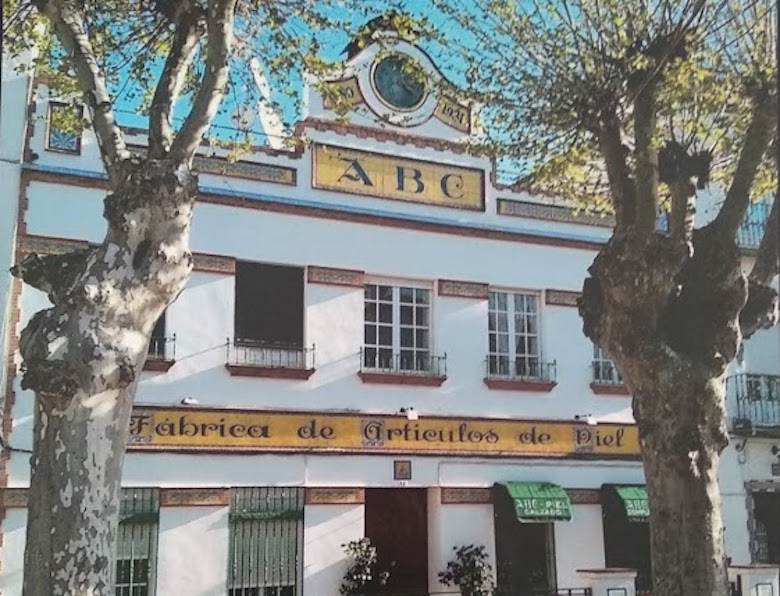KPMG report highlights the value that artisans offer major luxury brands

Artisan manufacturers of leathergoods, shoes and other products in Spain make up more than 35% of the country’s overall manufacturing footprint, but contribute only 4.9% of manufacturing’s share of its gross domestic product.
These figures come from a new study compiled by consultancy group KPMG, commissioned by Círculo Fortuny, a group that represents all segments of the luxury sector in Spain. Círculo Fortuny unveiled the report at an event in Madrid on May 11 to give recognition to master artisans from across Spain.
In the study, ‘La artesanía en España: seña de identidad de la alta gama’ (Artisanship in Spain: the hallmark of high-end products), KPMG said there were 64,000 companies making artisan products in Spain, employing a total of 213,000 people.
Collectively, these companies achieved a turnover of just over €6 billion in 2019, the most recent referenced in the report. Despite being from before the covid-19 pandemic, KPMG said the 2019 figure showed a decline of 5% compared to the figure for 2015.
It identified an over-complex certification system for artisan products across Spain as one of the barriers to growth, pointing to different criteria in different regions for classifying businesses as artisan manufacturers and for allowing producers to use titles such as ‘artisan’ and ‘master artisan’ when describing themselves. “These differences are in contrast to the situation in countries such as France or Germany,” the report said, “where there is a common framework, which in turn makes collective planning and action easier.”
KPMG partner Enrique Porta said on presenting the report that, in spite of its vulnerability, there are characteristics that set Spanish artisanship apart and that these represent “a great opportunity for a strong future”. He said the ability of artisan manufacturers to add value was something bigger luxury brands can tap into because ‘handmade in Spain’ represents high-quality products, he insisted, along with a commitment to social responsibility and a culture that “fuses history with creativity and design”. This, he said, allows big brands to tell a strong story about the products they offer, describing this as an essential element of their efforts to stand out.
He called on institutions, public bodies and business groups to support artisanship, for example by setting up training opportunities for small producers to become “more professional” and learn how to operate in the digital world. “This would help advance the development of those producers,” Mr Porta said, “at the same time as safeguarding and preserving a part of Spain’s cultural heritage and reinforcing a value proposition that sets Spain apart.”
Credit: Ubrique Artisan Leather School







